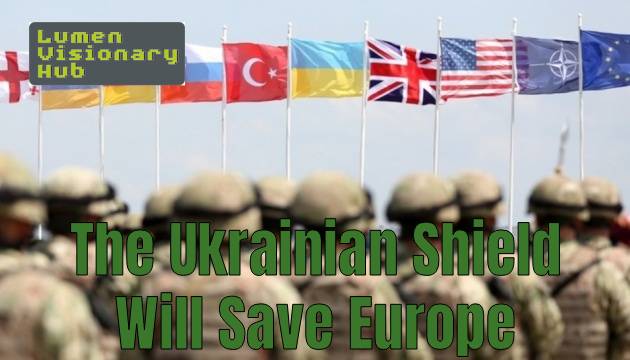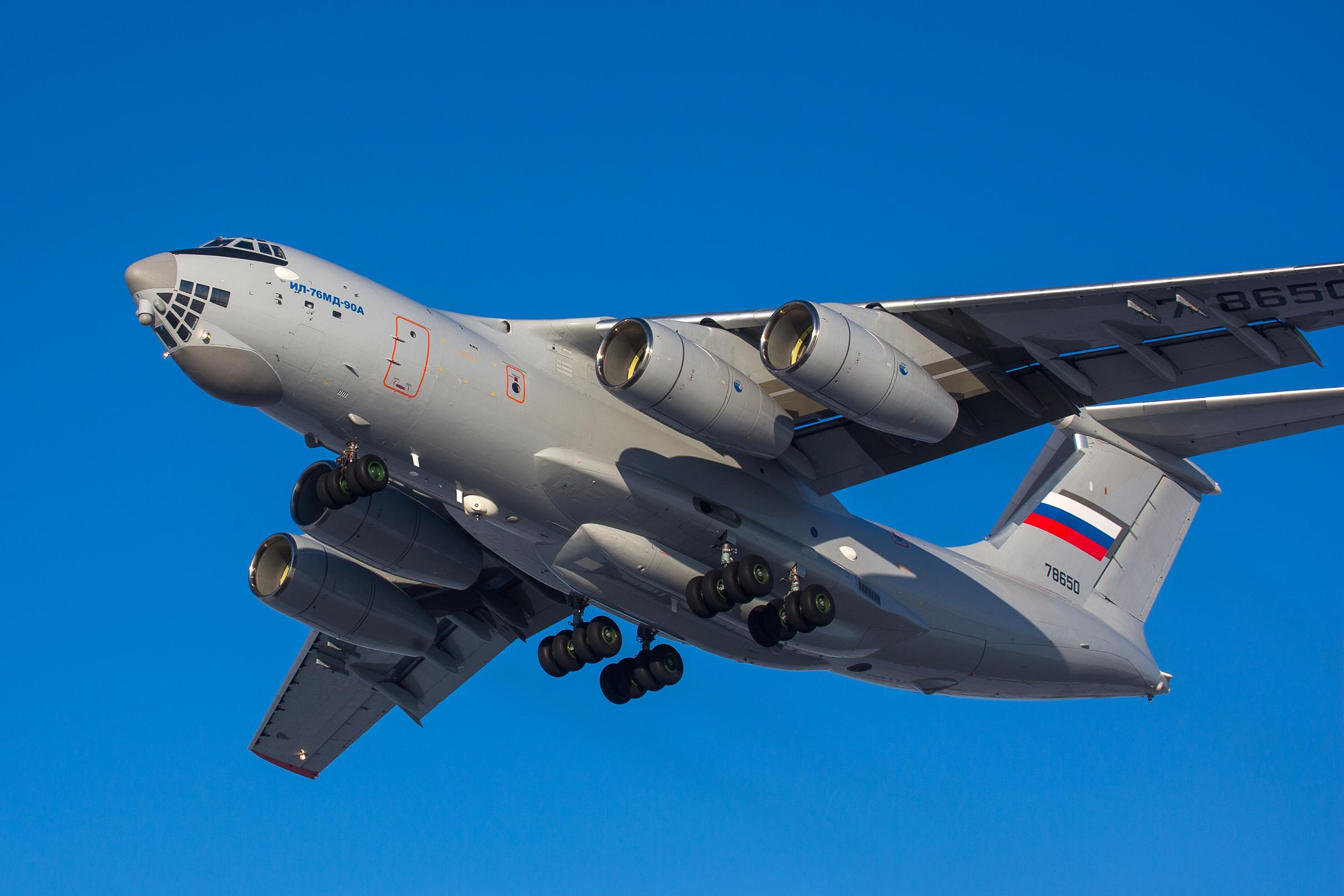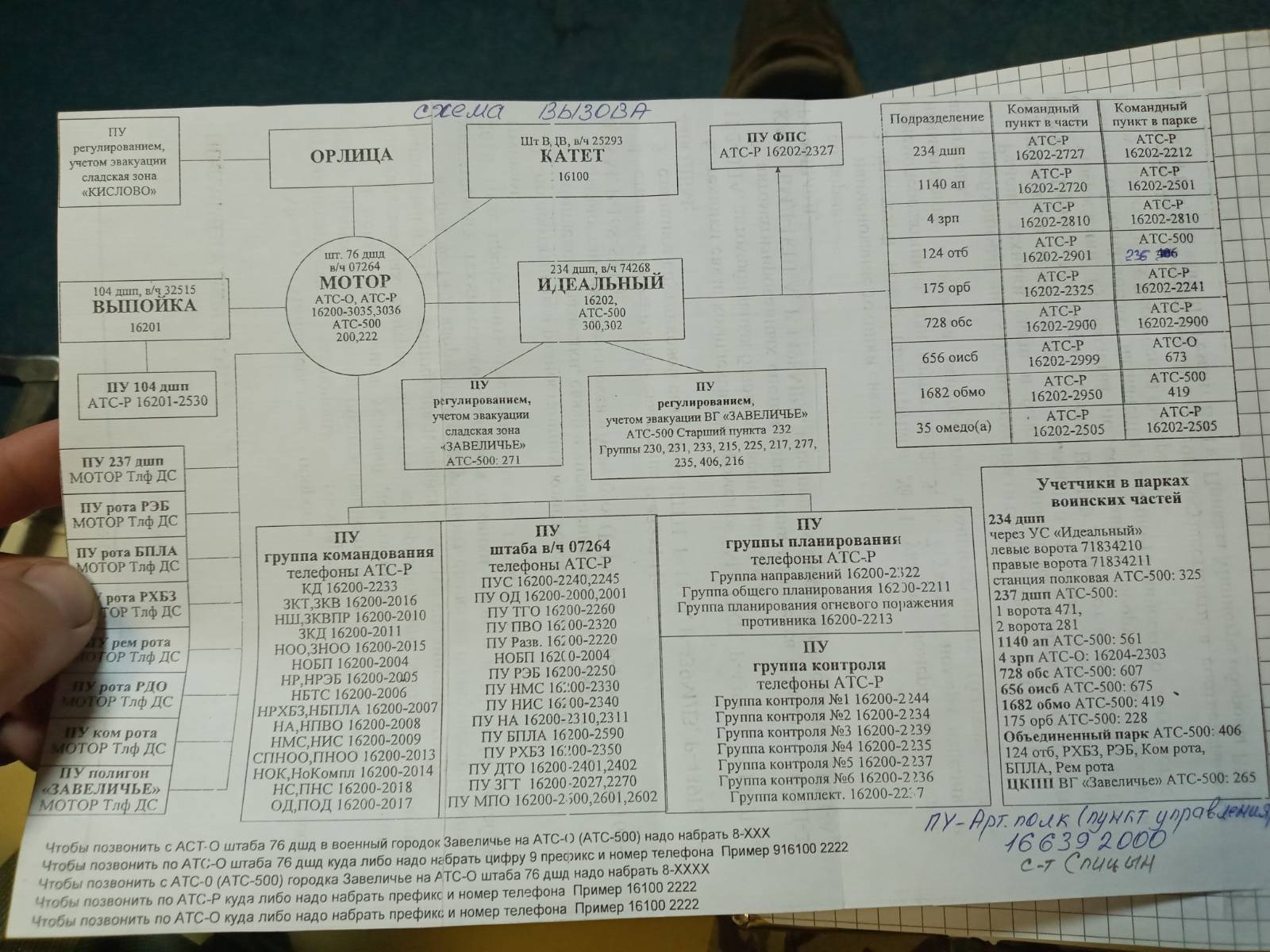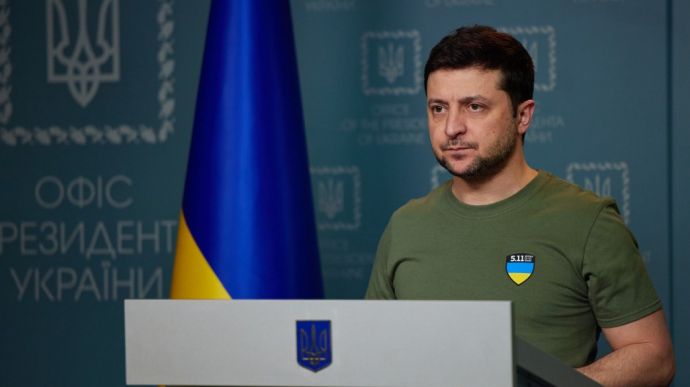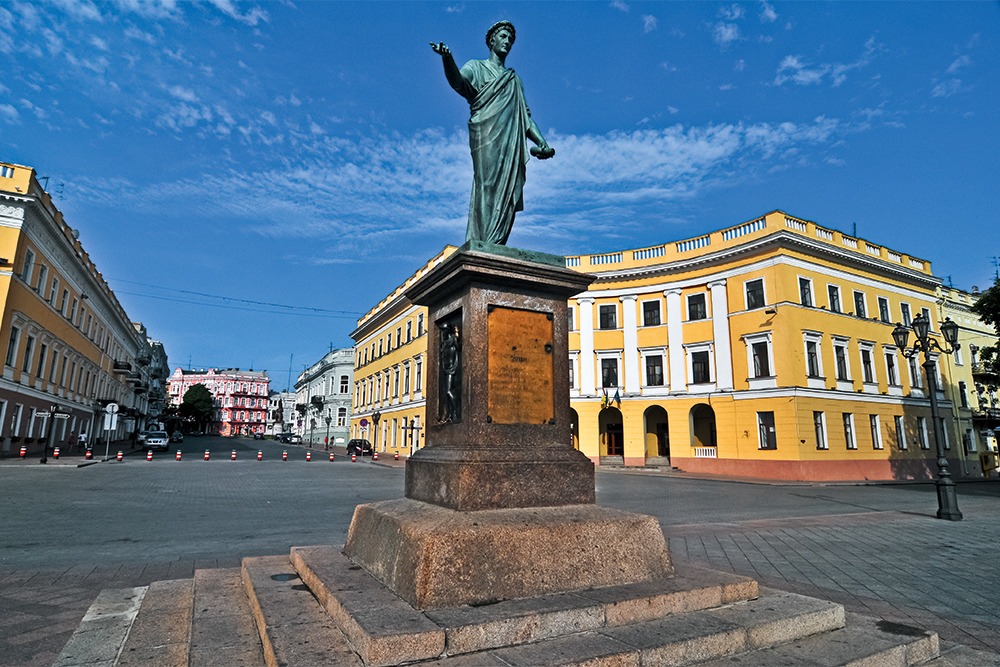A meeting of the “coalition of the willing” has ended in Paris, where they talked about how each country is ready to help make Ukraine safe.
The meeting was attended by Belgian Prime Minister Bart De Wever, Dutch Prime Minister Dick Schoof, Danish Prime Minister Mette Frederiksen, Finnish President Alexander Stubb, Polish Prime Minister Donald Tusk, European Commission President Ursula von der Leyen, European Council President António Costa, and US Special Representative Steve Witkoff.
Spanish Prime Minister Pedro Sánchez was unable to attend due to a plane malfunction. NATO Secretary General Mark Rutte and leaders from about two dozen countries in Europe and other continents participated in the meeting remotely. These included Canadian Prime Minister Mark Carney, Japanese Prime Minister Shigeru Ishiba, Australian Prime Minister Anthony Albanese, and New Zealand Prime Minister Christopher Luxon.
French President Emmanuel Macron chaired the meeting.
Andriy Yermak, head of the Office of the President of Ukraine, published a statement that “the main task is the practical implementation of the agreements reached by the leaders of the states regarding security guarantees for Ukraine.”
In other words, the agreements have already been reached, and now the question is how to implement them — how to technically fulfill what has already been agreed upon.
This raises a logical question: what exactly have politicians agreed on?
French President Emmanuel Macron also confirmed this, saying that the allies had completed work on security guarantees for Ukraine and were now ready for political approval. Macron did not disclose all the agreements, but said that 26 countries were ready to either send troops or provide support.
Moreover, according to Macron, the specific locations for the deployment of troops from some EU countries are currently being agreed upon.
According to the Financial Times, the countries that are part of the so-called “coalition of the determined” have divided into three camps regarding the security guarantees they are prepared to provide to Ukraine.
The first group, which includes the United Kingdom, is ready to deploy troops in Ukraine. Countries in the second group, which includes Italy, have decided not to do so. The third group of countries has not yet made up its mind. These countries include Germany.
Let’s ignore the ceasefire conditions for now. Let’s imagine that it has happened. What status will the troops of EU member states have? Peacekeepers? According to international practice, foreign troops with peacekeeper status are deployed between the warring parties with the consent of both parties. As we know, Putin’s regime is opposed to the deployment of any foreign troops in Ukraine.
Macron assures that the troops of partner countries are security forces whose goal is not to wage war against Russia, but to guarantee peace and send a strategic signal to prevent the resumption of fighting. But what if Russia strikes their locations? How will these countries react? And the rest of NATO? Will EU troops be able to conduct offensive operations or only defensive ones?
As always, there are many questions. And few answers, only assumptions.
What if the talk about troops on Ukrainian territory is just a smokescreen? A kind of diversionary tactic? Created solely to get Ukraine to agree to a freeze on the conflict and recognize Russia’s control over the occupied territories?
What should be done about the crimes of Putin and his army? It’s like a gang of maniacs and robbers breaking into your house, killing some of your relatives, and seizing 20% of the premises. You put up fierce resistance and they are forced to stop. Then they call on other neighbors to stop the fighting and ask the owner of the house to promise not to claim the rooms we have seized. And not to mention his murdered relatives. How do you like that?
This is what they are really trying to impose on Ukrainians. Ukrainians are being forced to give up their land and forget and forgive their murdered relatives.
The best investment in security for Europeans is to help build a strong Ukrainian army. With strong ground forces, air force, and missile capabilities, Ukrainians can regain control of lost territories on their own. Only a powerful Ukrainian army can be the best guarantee of security in Central and Eastern Europe.
And this is much more beneficial for us Europeans. It will be cheaper for us to provide Ukraine with all the necessary weapons and in large quantities than to wage war ourselves and lose our soldiers.
We are capable of making Ukraine our reliable shield. And this shield can be used to repel not only Russia, but also other possible aggressive dictators. Let us remember that the North Korean leader has already sent his troops to the Russian-Ukrainian front. If the dictators in Beijing have agreed on a military alliance, then it is in our interest to have an experienced and effective ally on our eastern flank.
